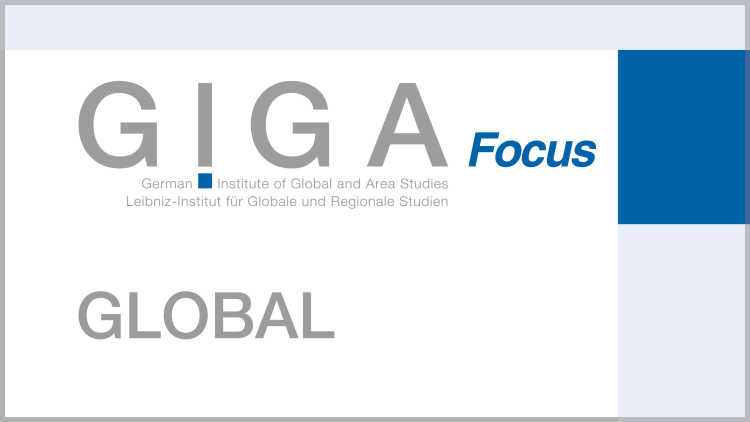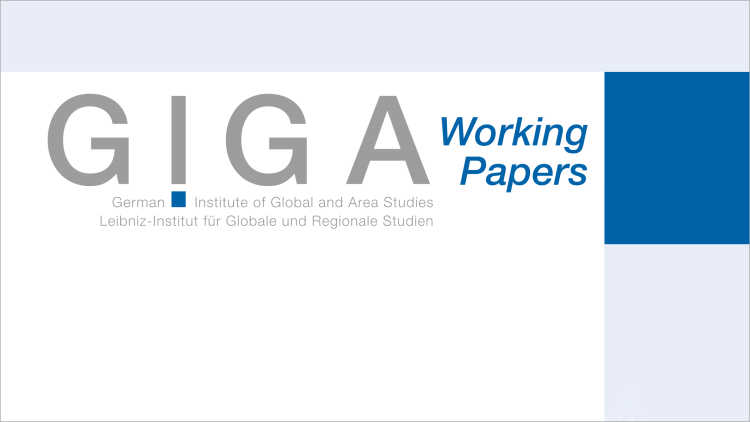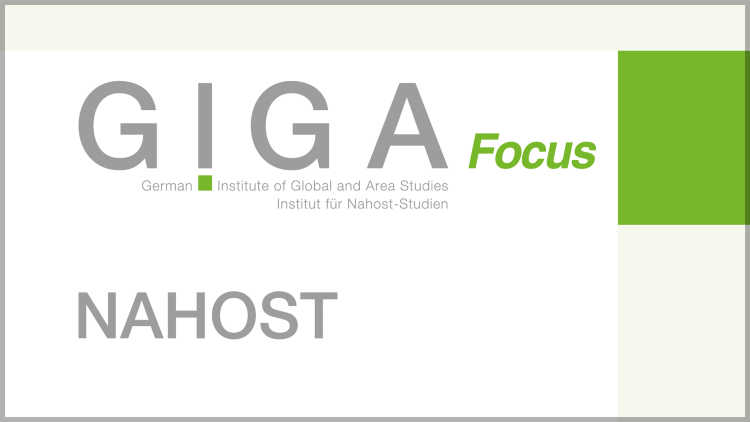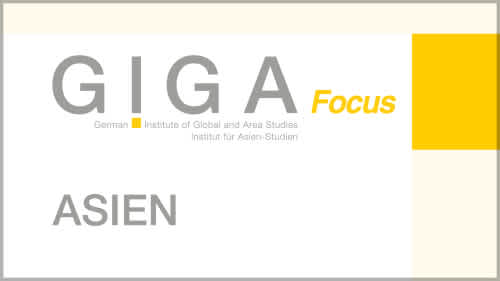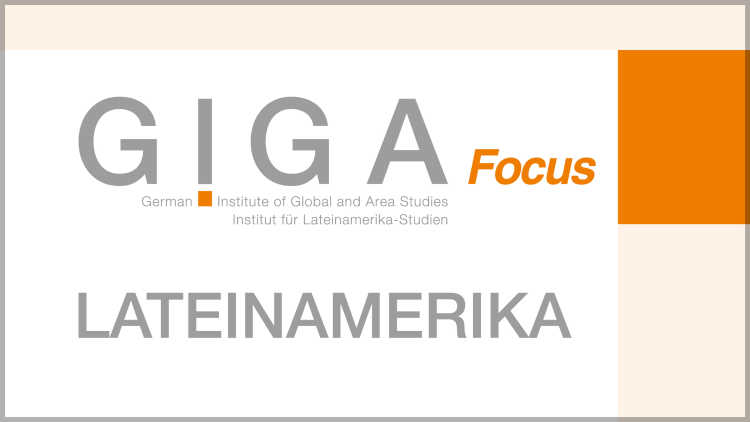- Home
- Publications
- GIGA Focus
- Getting Off Lightly? The Impact of the International Financial Crisis on the Middle East and North Africa
GIGA Focus International Edition English
Getting Off Lightly? The Impact of the International Financial Crisis on the Middle East and North Africa
Number 1 | 2009 | ISSN: 1862-3581
The international financial crisis has hit the Middle East and North Africa (MENA), like other developing regions, unexpectedly, during a long phase of above-average growth. In contrast to other parts of the world, however, most MENA developing countries will able to get off lightly if the crisis does not last for too long. In Turkey and Israel, the region’s more industrialized countries, different initial conditions apply and the situation is not comparable to the Arab MENA countries. This is why both these countries are not included in the analysis below.
Analysis:
As is the case for other world regions, the crisis is impacting the MENA region mainly through two indirect effects: (i) a decline in the export of goods and services and (ii) a reduction in remittances sent back home by migrant workers abroad. The more direct effects on the region’s financial markets matter to a much lesser extent. However, the Gulf countries in particular are also suffering from the wealth effect: substantial losses of capital invested abroad.
The non-oil-exporting countries of the region are not very vulnerable to the effects of the financial crisis, partly because they are only weakly integrated into international trade and capital markets.
The energy exporters are being hit harder, especially because the oil price has fallen steeply. However, as long as the price does not continue to fall, most energy exporters will be able to survive the crisis for some time because they have been able to accumulate considerable financial reserves during the boom years.
Dubai, Iraq, Iran and Yemen are the countries within the MENA region that have been most affected by the financial crisis. They do not have sufficient financial reserves to finance the gap between public spending and income from the sales of oil and gas.
Most countries in the region will probably be able to weather the financial crisis relatively well because of their comparatively limited openness towards global markets.
Nevertheless, the governments should use the financial crisis as an opportunity to implement market-oriented reforms and to find solutions to their structural problems. These countries urgently need to improve their productivity and competitiveness in order to reduce their dependency on a limited number of export products and to create employment for a rapidly growing labor force.
Footnotes
Regional Institutes
Research Programmes
How to cite this article
Brach, Juliane, and Markus Loewe (2009), Getting Off Lightly? The Impact of the International Financial Crisis on the Middle East and North Africa, GIGA Focus International Edition English, 1, Hamburg: German Institute for Global and Area Studies (GIGA), http://nbn-resolving.de/urn:nbn:de:0168-ssoar-274339
Imprint
The GIGA Focus is an Open Access publication and can be read on the Internet and downloaded free of charge at www.giga-hamburg.de/en/publications/giga-focus. According to the conditions of the Creative-Commons license Attribution-No Derivative Works 3.0, this publication may be freely duplicated, circulated, and made accessible to the public. The particular conditions include the correct indication of the initial publication as GIGA Focus and no changes in or abbreviation of texts.
The German Institute for Global and Area Studies (GIGA) – Leibniz-Institut für Globale und Regionale Studien in Hamburg publishes the Focus series on Africa, Asia, Latin America, the Middle East and global issues. The GIGA Focus is edited and published by the GIGA. The views and opinions expressed are solely those of the authors and do not necessarily reflect those of the institute. Authors alone are responsible for the content of their articles. GIGA and the authors cannot be held liable for any errors and omissions, or for any consequences arising from the use of the information provided.

